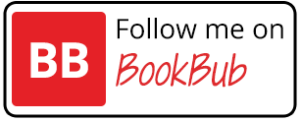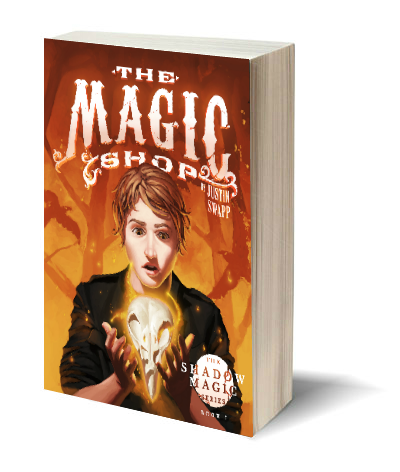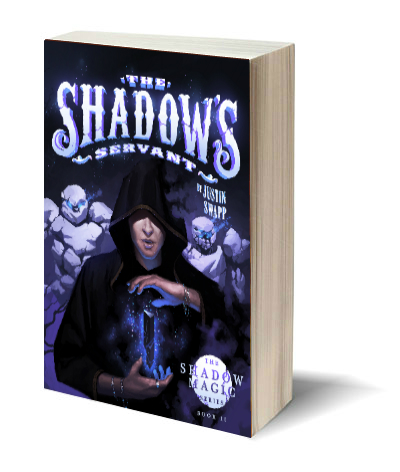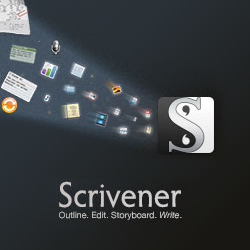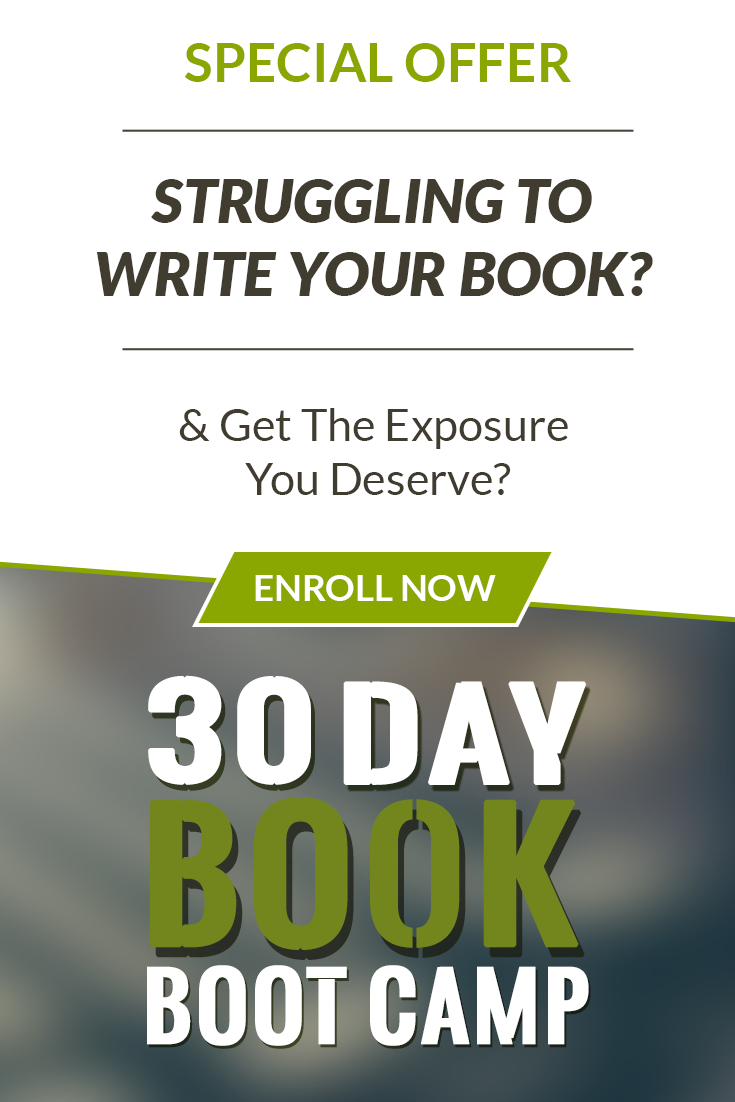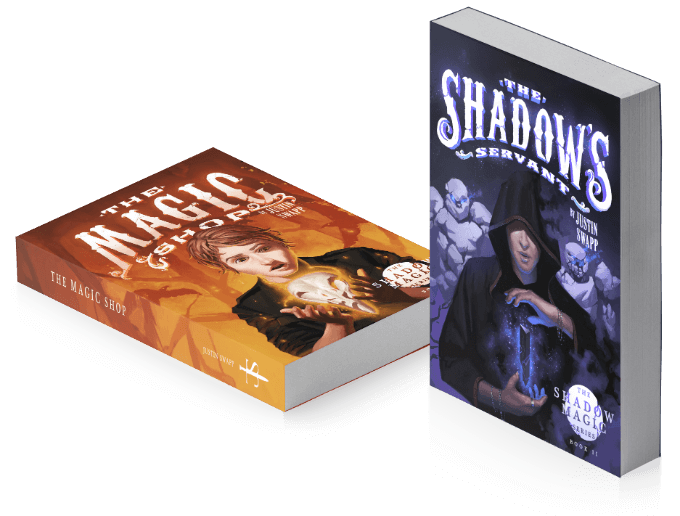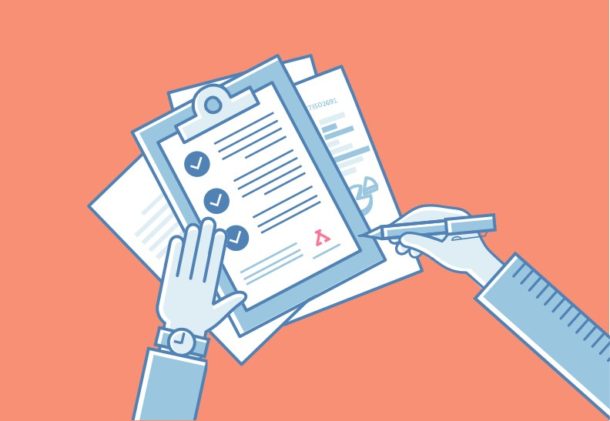100 Ways to Boost Your Creativity
Being creative is hard work. For all of us creative types, it’s important to understand how to channel that creativity individually so that we can seek after that distant, second-cousin, productivity. So, in an effort to help us understand our own creativity (believe me, this was as much for me as it was for you) I’ve compiled a list of 100 activities and other ways to help you find and boost your creative juices. If you have something to add to the list of creativity drivers below, please leave it in the comments section. Also, let us know what worked!
100 Activites and Factors to Leverage in Boosting Your Creativity
- Surround yourself with whatever inspires you.
- If you are struggling with something, name it. Then, describe it. If you can give it a name, and give it shape, you can have increased power over it.
- Take a different route to work, or wherever it is you are going. Changing your routine can help get your creative juices flowing.
- Draw something, or change the medium with which you usually work.
- Fail. Allow yourself to fail. It’s just an iteration, right?
- Write / send a postcard (preferably from somewhere inspiring!)
- Minimize distractions…like the Internet. You know you are distracted if you are consuming someone else’s creativity, instead of expressing your own.
- Carry a notebook, or a journal with you wherever you go. Yes, a cell phone could work, but there is something special about paper…
- Color
- Read fiction
- Do laundry, or some other mundane task
- Take a walk to somewhere new
- Daydream
- Restrict yourself. Exercising restraint while engaged in creativity or problem-solving results in better creativity.
- Write a Haiku (see #14 above)
- Make a list
- Read an inspiring quote
- Write a short poem
- Laugh at something
- Take pictures
- Build something, say, with legos
- Take a risk
- Write / email someone famous. See if they write back
- Pretend you’re someone else. What would they do?
- Write free hand for ten minutes
- Make a time capsule
- Make a collage
- Listen to music – with no lyrics
- Write your future self a letter.
- Write with pen and paper for ten minutes
- Nap for a bit
- Meditate
- Challenge yourself
- Try Yoga
- Use a mind map to shape what you want to create
- Free write for a while
- Find / Consult a mentor
- Sit on a bench, and people-watch for a while
- Create a creative schedule. Try to be creative at the same time every day (it’s creative muscle memory, so to speak)
- Brainstorm
- Run your ideas by someone (sound boarding)
- Create a deadline for yourself
- Make a flow chart
- Ask, “What if?”
- Stand
- Pace
- Relax
- Do your creating in the dark
- Find someone who did what you want to do, but did it poorly. Kno you can do better
- Forget about your weaknesses, and focus on your strengths
- Let your mind wander
- Play an instrument
- Find other creatives to be with
- Live more
- Be playful
- Let curiosity take over
- Tell a story
- Get more sleep
- Develop a talent
- Turn things on their head. Look at them differently
- Listen to Binaural beats
- Broaden your interests
- Read a few blog posts on a creative topic that interests you. Comment on those posts.
- Be different
- Mix and mash several distinct ideas to create an entirely new one
- Wake up early
- Experiment
- Take a break
- Work in spurts
- Ask for feedback
- Form a new habit
- Remove expectations
- Ask yourself questions, out loud
- Fill out a crossword puzzle
- Have creative hobbies
- Break a pattern in your life
- Write down several observations
- Learn something new
- Exercise
- Ask for help
- Practice
- Play devil’s advocate
- Inspire someone
- Boil it down to the least common denominator – do that thing
- Do it / think of it in layers
- Spend the afternoon in an art gallery
- Join a critique group
- Create / establish your process
- Let yourself make a mess
- Stop at an exciting moment when you want to keep going so that starting back up again tomorrow will be easy
- Set a cut-off time
- Find your specific creative time (is it morning, evening, or late night? Why then?)
- Listen to ambient sounds
- Make an outline
- Dim the lights
- Watch a relevant TED talk
- Dictate
- Use the wrong hand to do everyday things (the opposite hand you usually use)
- Identify something right now with each of your senses. Write them down
- Work backwards if you can. For writers, write the ending and work toward the beginning


